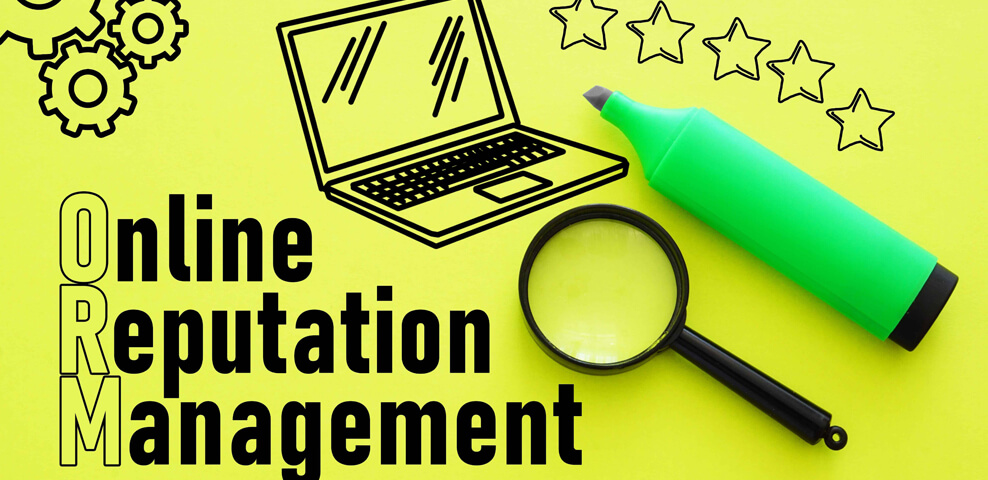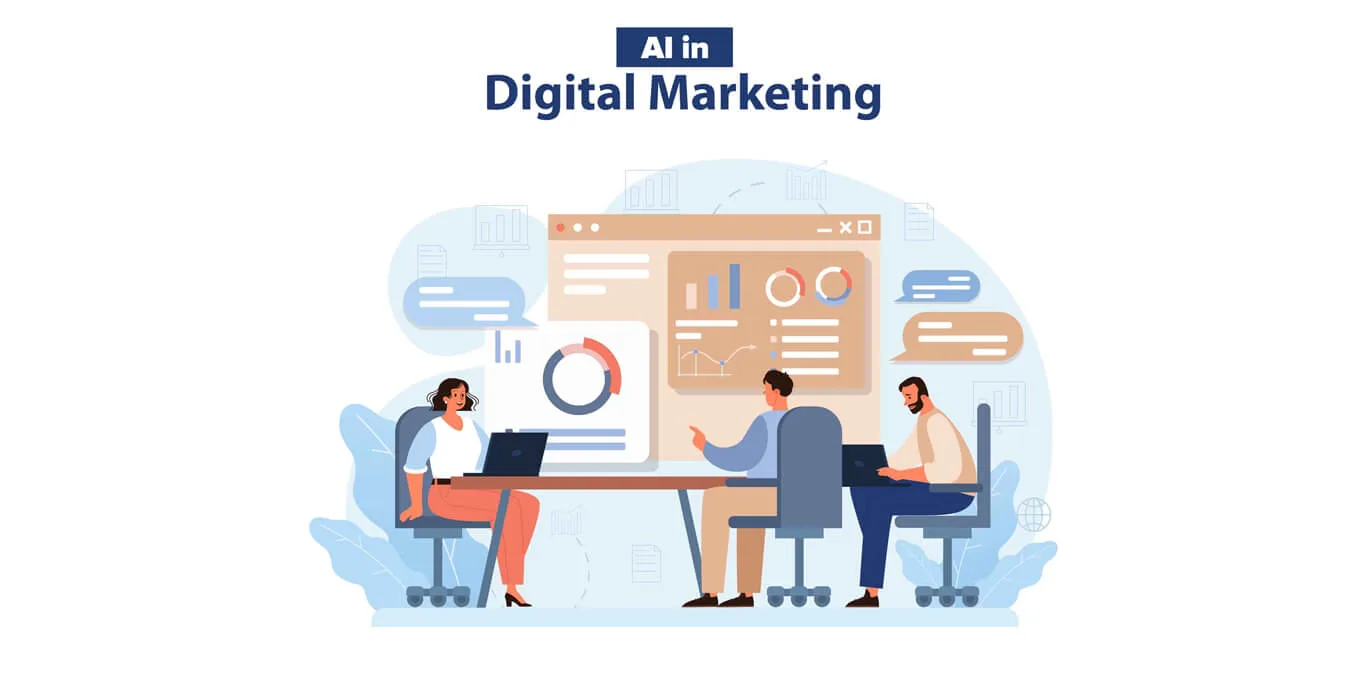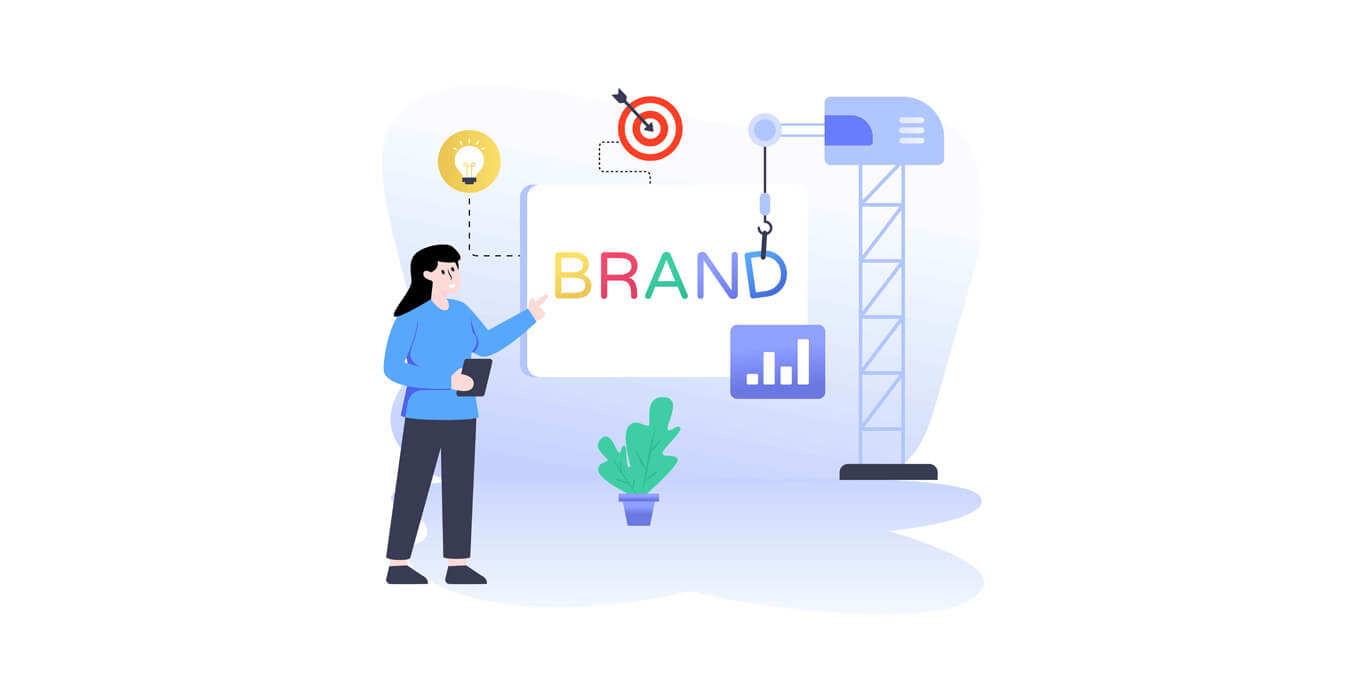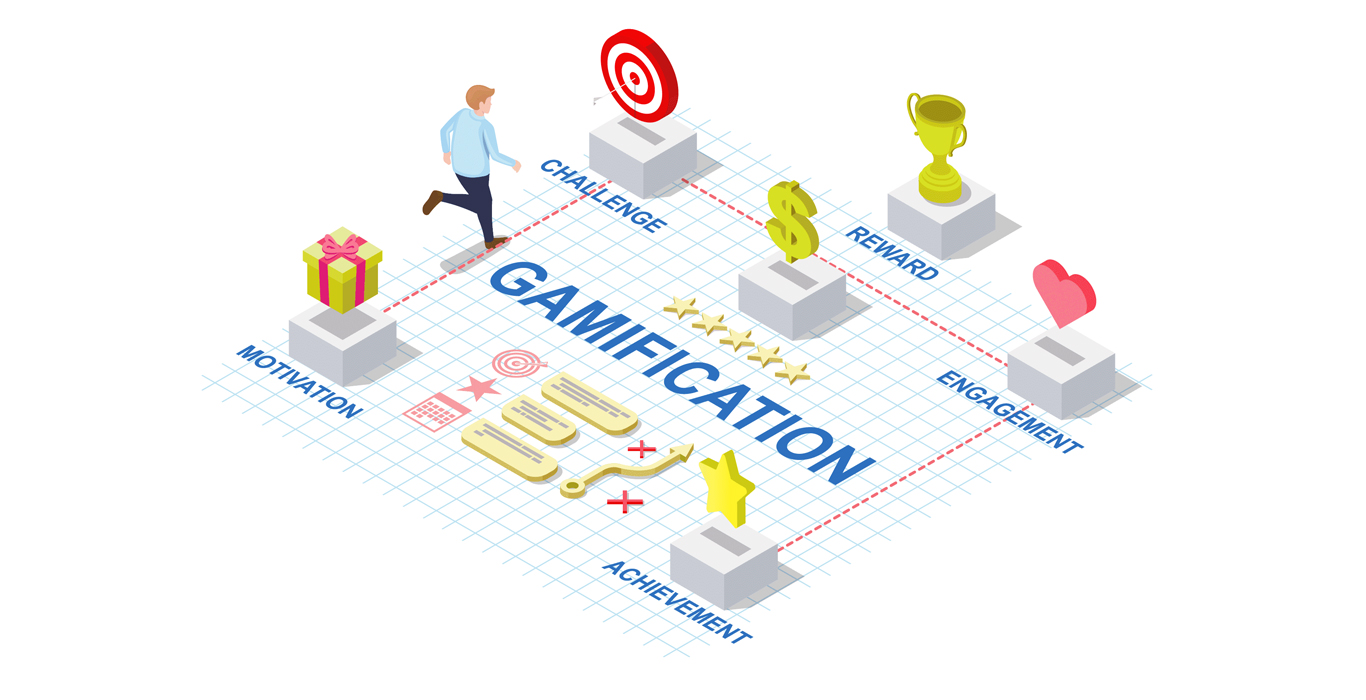4 min read
“It takes 20 years to build a reputation and five minutes to ruin it. If you think about that, you’ll do things differently.” – Warren Buffett
Considering how digital the world has become, managing your online reputation is of utmost importance. Whether you’re an individual or a business, your online brand presence can make or break opportunities.

This blog will guide you through the proactive steps needed to build and safeguard your digital persona. By employing Online Reputation Management (ORM) best practices, you can fortify your brand’s image, ensuring it aligns with your values and goals.
Understanding Online Reputation Management
- Online Reputation Management (ORM) refers to the process of monitoring, influencing, and managing how you or your brand is perceived online.
- It involves not only building a positive image, but also strategically handling any negative feedback or content.
The Foundation of Reputation Building
1. Establishing Your Brand Identity
- Define your brand’s mission, values, and unique selling points.
- Ensure consistency in messaging across all online platforms.
2. Content is King
- Create high-quality, relevant content that resonates with your target audience.
- Utilise various content formats such as blogs, videos, and infographics.
3. Engage with Your Audience
- Respond promptly to comments, messages, and reviews.
- Encourage feedback and actively listen to your audience.
Proactive Reputation Management Strategy
1. Monitor Your Online Presence
- Set up alerts for mentions of your name or brand using tools like Google Alerts.
- Regularly check social media platforms, forums, and review sites.
2. Proactive Search Engine Optimisation (SEO)
- Optimise your website and content for search engines to control what appears in search results.
- Utilise relevant keywords to boost positive content.

Dealing with Reputation Challenges
1. Brand Reputation Recovery
- Address negative feedback professionally and empathetically.
- Seek to resolve issues and provide solutions publicly.
2. Transparency and Authenticity
- Be open about mistakes and show a commitment to improvement.
- Authenticity builds trust and credibility.
Proactively managing your online reputation is not only about countering negative content, but also about creating a strong, positive brand image from the outset. By implementing these ORM tips and tricks, you can build a robust digital persona that stands the test of time.
Remember, your online reputation is a valuable asset that requires consistent effort and attention. An ORM expert or agency, like IKF, a leading social media marketing agency in India, can offer specialised expertise to achieve success in online reputation management.
Are you looking to boost your online reputation? Get in touch with us today and find out how we can support you in improving your online image!
FAQs
1. Why use online reputation management?
Using online reputation management is important as it allows individuals and businesses to actively control how they are perceived online. It helps in maintaining a positive brand image, addressing negative feedback effectively, and ensuring that one’s online presence aligns with their goals and values.
2. What is the purpose of reputation management?
The purpose of reputation management is to actively shape and influence how individuals or businesses are perceived by their audience in the digital landscape. It aims to build and maintain a positive brand image, address any negative feedback or content, and ultimately protect and enhance one’s online credibility and trustworthiness.
3. What is the impact of online reputation?
The impact of online reputation is profound, influencing how individuals and businesses are perceived by their audience and stakeholders. A positive online reputation can lead to increased trust, credibility, and opportunities, while a negative reputation can hinder growth, erode trust, and lead to missed opportunities.
4. What are the key elements of reputation management?
The key elements of reputation management include proactively shaping a positive online brand image through consistent messaging, high-quality content, and engagement with the audience. Additionally, it involves monitoring online mentions, promptly addressing any negative feedback, and maintaining transparency and authenticity in all interactions.
5. What are the benefits of a good reputation?
A good reputation brings a host of benefits, including enhanced trust and credibility, which can lead to increased opportunities and positive relationships with clients, customers, and stakeholders. It also provides a buffer against potential crises, as a solid reputation can help mitigate the impact of negative events or feedback.

Ashish Dalia is the CEO & Chief Digital Marketing Strategist at I Knowledge Factory Pvt. Ltd.

Ashish Dalia is the CEO & Chief Digital Marketing Strategist at I Knowledge Factory Pvt. Ltd.










